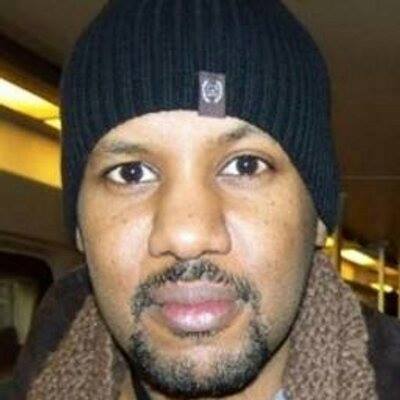I Have a Hope
Written by Teodrose Fikre, January 4, 2017, 0 Comments
Two score and thirteen years ago, a great American gave a speech where he espoused his dreams for the “negro child”, a dream where little “black boys” and “white boys” walk hand in hand in equality. A dream where one is judged not by the color of one’s skin but based on the content of his character. Alas, fifty years later the dream of Martin Luther King stands deferred, where progress has given way to regression and humanity seems more mired in the strife of hatred and loathing.
Yet through it all, there is a hope that one day we will rise beyond our basest emotions and see each other as brothers and sisters. So I am writing today of not a dream but a hope. A hope that picks up on the dream Martin Luther King spoke of but takes his aspirations to yet another paradigm. A hope that I pray for all of our children, a hope that transcends borders and barriers erected to divide us. I do not write these words to in any way negate the work and the sacrifice of Martin Luther King and the countless masses who gave up their life for the sake of equality. In fact, I hope these words are a continuation of a dream that will one day arrive as humanity’s reality.
I submit that this dream of King will only arrive when we get to a point in society and culture where we stop seeing each other as labels. Words are powerful, the very labels we attach to ourselves severs us from each other. A long time ago, society was trained to fracture itself into separable groups. Perhaps this was a natural outgrowth of our human instinct, tribalism infused into our psyche in order to form a community of those who were akin to us. Or perhaps this was our burden for humanity’s hubris, the price attached for our need to be omniscient.
Whatever the root of our division, the powerful have figured out a long time ago that the way to keep the mass of humanity trapped under the bondage of slavery and injustice is to create friction between tribes and neighbors. As long as the people are too divided by loathing and anger against their fellow mankind the easier it is to reap fortunes at the cost of the masses. The blueprint of divide and conquer has been the bane of our existence and it seems that each successive generation gets more and more afflicted by this injustice as the powerful keep perfecting the playbook.
So my hope is for us to one day stop playing into this duplicity that the powerful, the status quo, keeps perpetuating onto the people. Along the way, I have a hope one day that we stop seeing injustice through only the eyes of “our people” and realize that injustice is a blithe that afflicts everyone. It is easy to blame the “others” for the pains of our ancestors, but “the others” suffered too. Is their suffering made any less because some who looked like them took part in the injustice? If we hope to eradicate injustice, we need to stop monopolizing its pains. The concept of “we” has to include everyone or else we too end up perpetuating injustice as we are fighting it.
The pernicious aspect of these labels we use to describe ourselves thus serves to make villains out of a whole group of people and let the purveyors of injustice escape the judgement they truly deserve. It’s easy to blame “white people”, to stereotype “black people” or to paint “Muslims” with the broad paintbrush of terrorism. These labels we call ourselves become prisons even as we hang on to them as sources of pride. If we were to see each other as humans, as brothers and sisters, then we would realize that we are all in this together and that the suffering of our fellow men and women is ours as well irrespective of their external traits.
So I have a hope that one day the little “black boy” and little “white boy” will truly walk hand in hand. But that day will arrive when we see these two boys walking hand in hand and we see them as humans and boys who are just like us. I have a hope that the adjectives that describe us become inconsequential and what we hang on to is the noun of human that all of us have in common. Then we can truly say, free at last, free from brands, thank God almighty we are free at last.
My last name Fikre means “my love” in Amharic (Ethiopia). This hope of mine is inconsequental unless there are second believers who join hand in hand with others and turn this hope into reality. I’m eternally in search of seconds, be the second, one of many, and use social media to share this article using #MyLoveHope
~ Excerpt from Serendipity’s Trace, a book of our common struggles and connective hopes. Search “Serendipity’s Trace” on Amazon or “Teodrose Fikre” to find the the book ~


